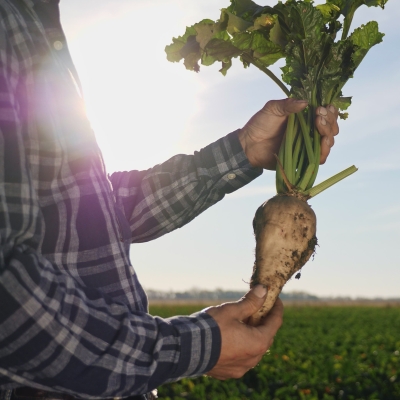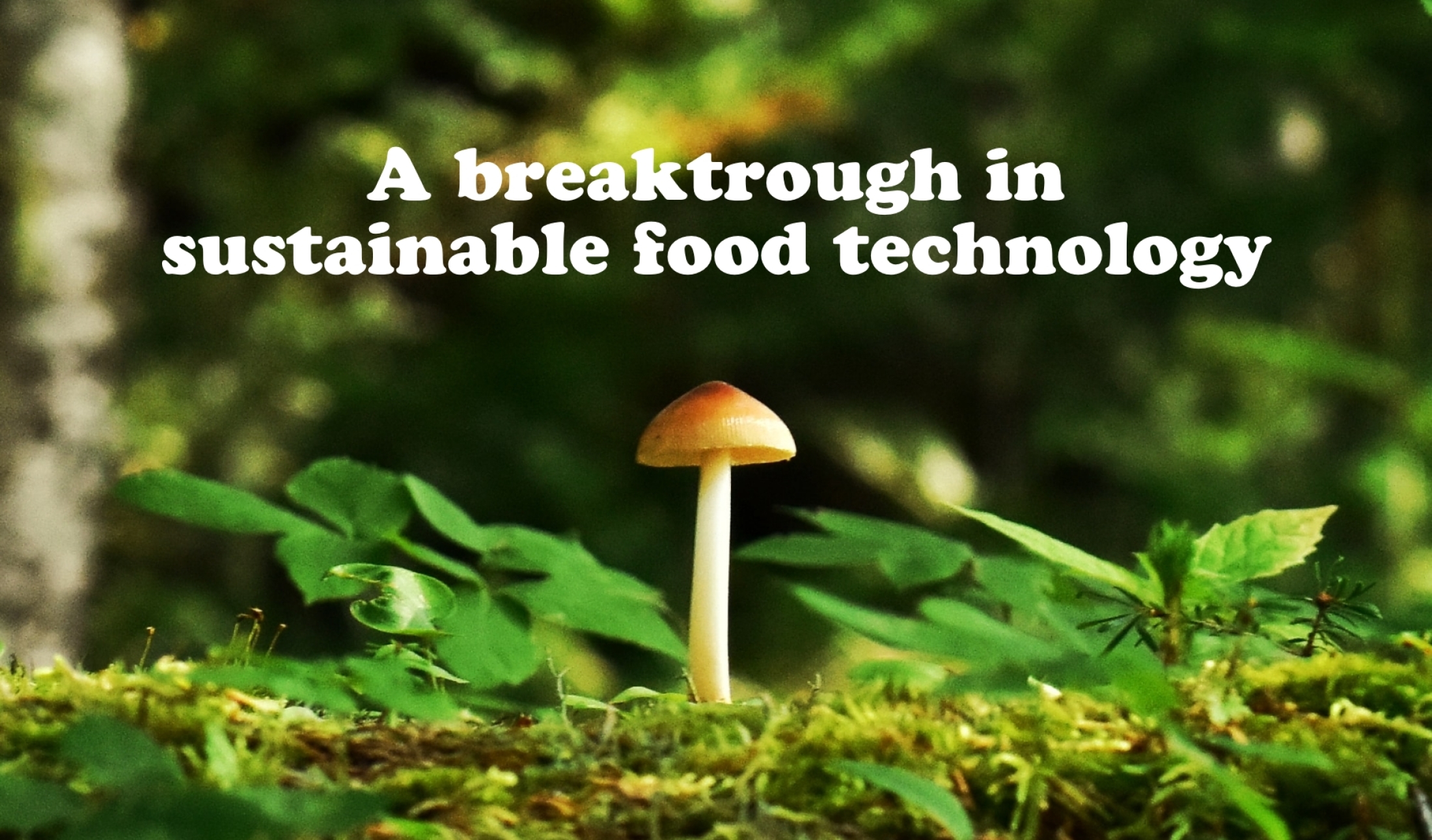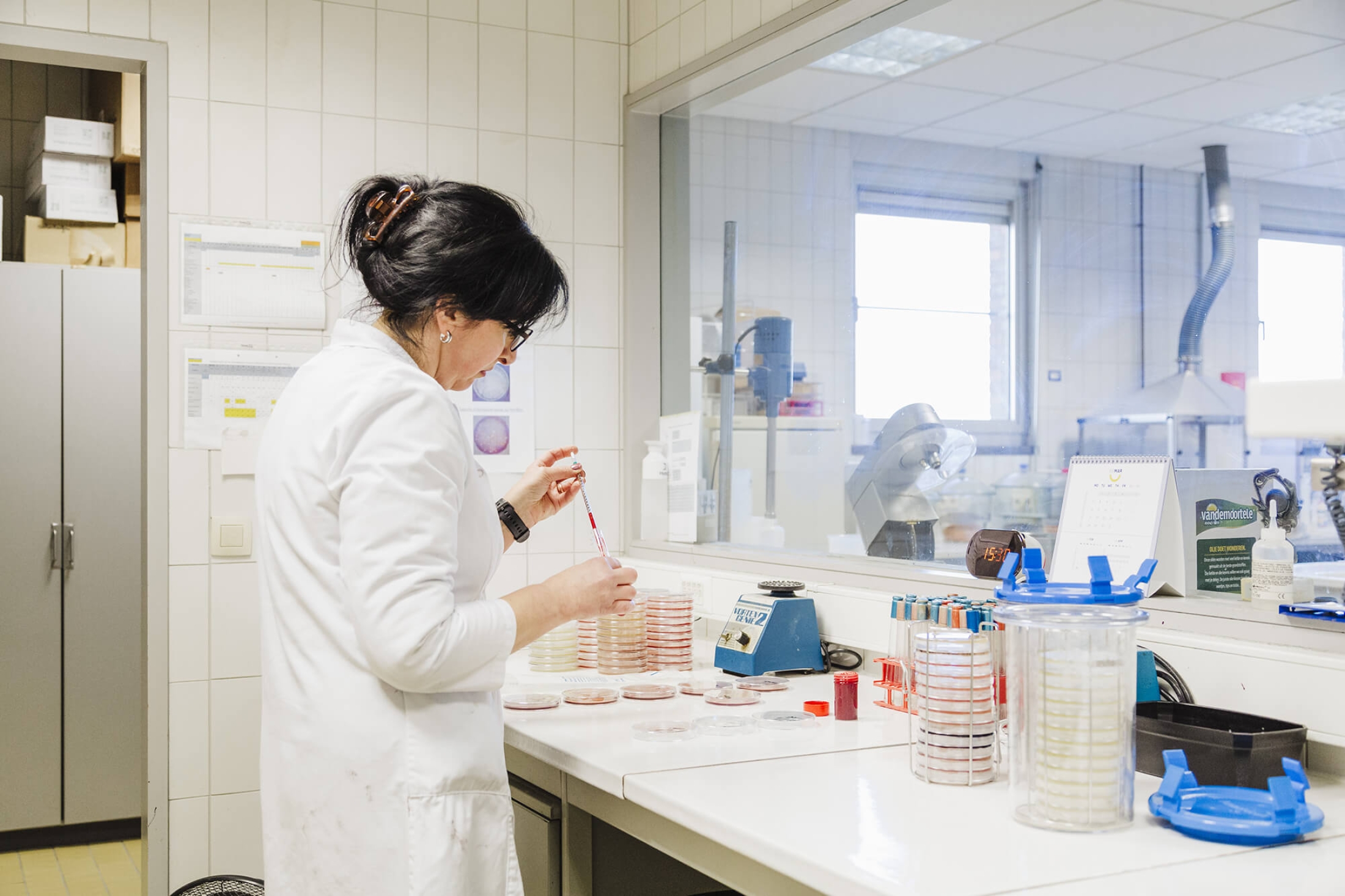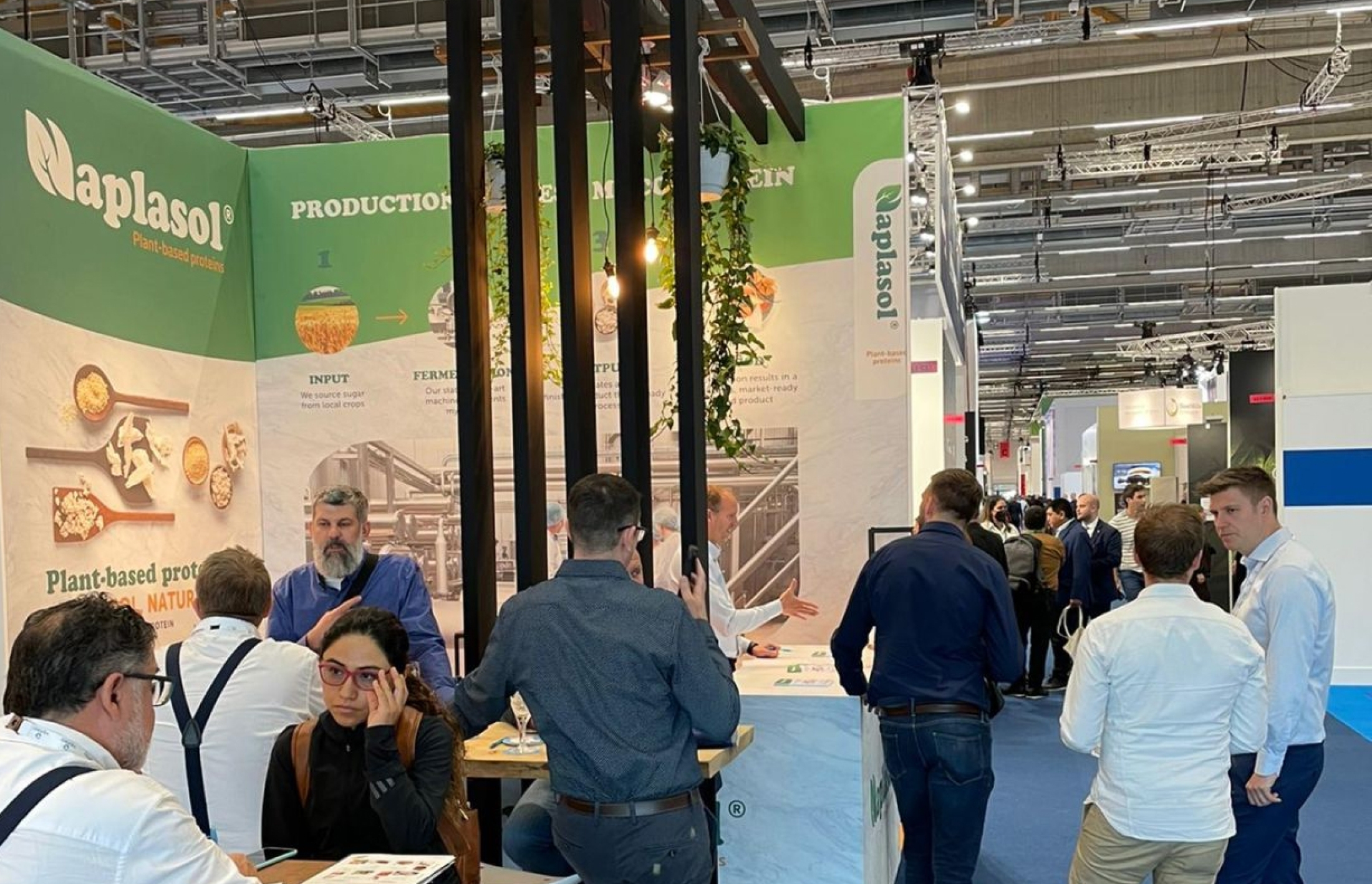
Input
Locally sourced sugar and nutrients are combined with our beloved fungi strain(s).
Search

Mycelium isn’t your typical kitchen staple. It’s the hidden root system of fungi, akin to the life force beneath the soil, responsible for nutrient absorption and organic matter breakdown. While we often enjoy mushrooms, mycelium is the powerhouse behind their growth.
Emerged in the ‘60s, mycoproteins were developed to meet the demand for protein-rich foods while addressing environmental concerns related to traditional food production. These fungi efficiently convert raw materials into nutritious protein, reducing the strain on land and water resources. For this reason, mycoproteins serve as the essential ingredient for developing sustainable, adaptable, and flavorful plant-based food.
Naplasol offers 100% natural, mycoprotein structures. Our sustainable semi-finished products have an excellent, unique structure, a blank taste canvas and unsurpassed nutritional value for your consumer product.

At Naplasol, sustainability is at the heart of our mycoprotein production process. Committed to the United Nations’ Sustainable Development Goals, we stand apart from traditional protein production methods that consume vast natural resources and prioritize preserving natural plant proteins.
The document is sprouting. Soon more.

Naplasol adheres to rigorous vegan-suitable standards. Our production process undergoes meticulous monitoring and control, backed by the ISO 22000 certificate, ensuring impeccable, allergen-free, and top-quality products.

Through careful strain selection, well designed fermentation settings, and cutting-edge post-processing techniques, we are on a mission to introduce a diverse range of mycoprotein structures tailored to meet your unique demands.
Our commitment to innovation means you can expect mycoprotein products that exceed your expectations in terms of texture, taste, and functionality.
Our fermentation process harnesses the power of nature, allowing us to operate at an exceptionally high capacity, producing thousands of tonnes each year. Naplasol proudly operates its first production facility in Bree, Belgium, with a capacity of 10,000 MT/year and with expansion up to 100,000 MT/year.
As we strive to become a global player, we are dedicated to establishing multiple fermentation units worldwide. What sets our technology apart is its resilience, unaffected by any climate or geographical constraints. All of this ensures that you get the most cost-efficient and high-quality food production.